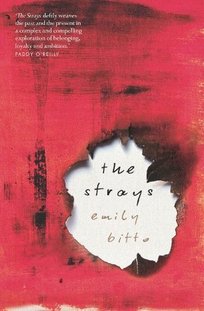
In 1930s Melbourne, on her first day at a new school, Lily is befriended by Eva Trentham, the middle daughter of an infamous avant-garde artist. Lily becomes infatuated with, not only the carefree Eva, but with the entire Trentham family, and the colony of artists who congregate in the Bohemian home. With echoes of The Summer of Secrets, Lily becomes absorbed into the chaotic household, prioritising the association with glamour to her more conventional roots. But Eva grows up faster than she does, and her bid for independence at fifteen signals Lily’s abrupt return to her parents. Almost thirty years later, an unexpected invitation from Eva leads Lily to reflect on their diverging paths.
Like Hope Farm, The Strays is about the way in which children are often the casualties of parents’ attempts to escape conservatism and, like The Girls, how idealistic communities led by a charismatic leader contain the potential to self-destruct. It’s also about the intensity of female friendship and how the advent of sexuality can be registered as betrayal. It’s an engaging read but, with some strained metaphors, a surprise winner of various awards including the 2015 Stella Prize. Thanks to Legend Press for my review copy.
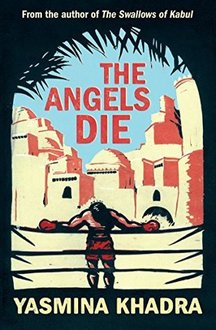
After their village is destroyed by a landslide, Turambo’s family only just survive the squalor of an Algerian slum. When their existence there becomes even more hopeless, his young uncle, the head of the family after the older generation has been blighted by the First World War, uproots them to the colonial city of Oran. While still desperately poor, they now have the luxury of a front door and food in their bellies. Turambo, however, wild and uneducated, looks destined for trouble until his street-fighting prowess comes to the attention of a coach and an investor on the lookout for the next North African boxing champion. As Turambo punches his way towards sporting triumph, he’s forced to question whether he could ever be more than a money-making machine.
I’m not particularly attracted to rags-to-riches stories, and wouldn’t expect to get excited about a novel about boxing. But in The Angels Die, the themes of celebrity, racism and poverty combine to raise moral questions of how much, or how little, the disadvantaged have custody over their own bodies. Although set in the 1930s, the issue of young men widening their horizons through a career in the boxing ring remains relevant today. While I think the novel could have been shorter (although it clearly delineates Turambo’s destitute origins, the opening chapters could have been condensed, and the bringing-up-to-date final chapter seemed unnecessary), it’s a good read for anyone with an interest in social issues.
August being Women in Translation month, I thought I could earn myself some plaudits by reading this. Alas, Yasmina Khadra is the pen name of Mohammed Moulessehoul, whose decision to hide his identity behind a woman confused me until I read that he took his wife’s name to avoid military censorship. But it does at least add to my diversity 2016 book count (not that we’re counting really). It’s translated by Howard Curtis. Thanks to Gallic books for my review copy (my first from this publisher specialising in French translations).
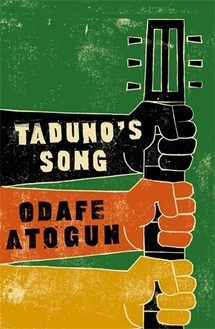
Based on the life of musician and political activist, Fela Kuti, there’s no doubt that this novel about identity, the power of music and personal and political loyalty is important. The scenes in the prison are particularly unsettling. But I’m really not sure about its literary merit. The simple style, evoking at Kafkaesque fable, sometimes reads as simplistic, resulting in some dull dialogue, especially in the early pages. I found that I could appreciate it more if I read at faster than my usual pace, although that wasn’t entirely satisfying. Nevertheless, we need to hear more of these stories in the West, so plaudits to Canongate publishing it, and thanks for providing me with an advance proof copy.
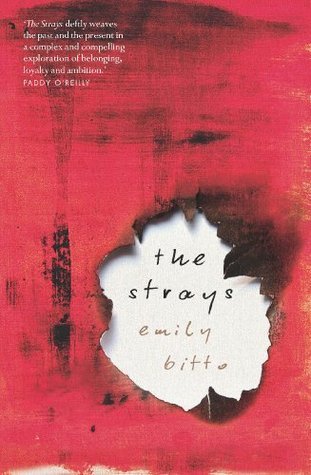
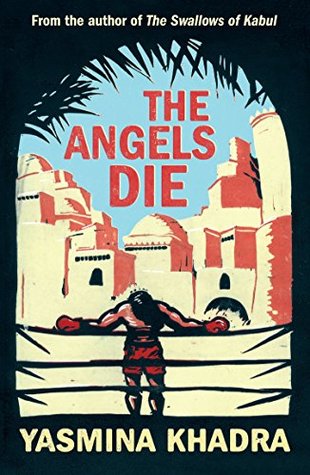
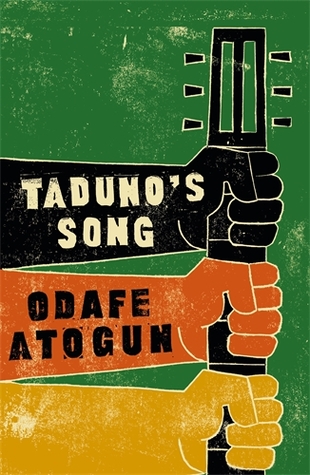





















 RSS Feed
RSS Feed





















